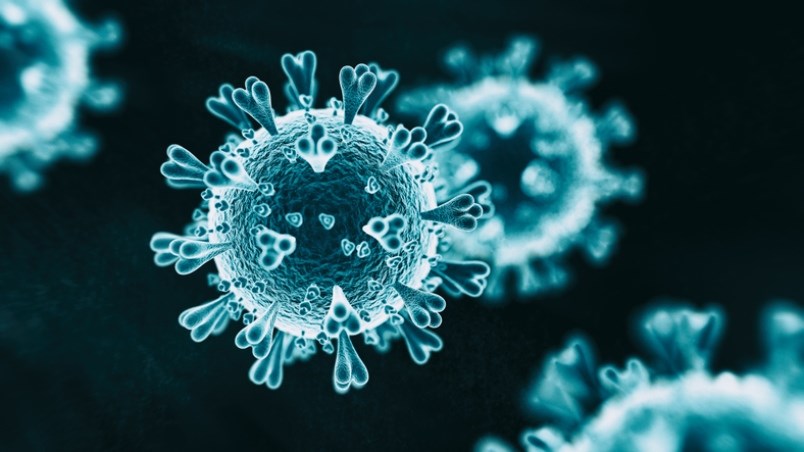The number of new COVID-19 infections in West Vancouver went up slightly this week, despite what has been a relatively stable level of new cases on the North Shore in recent weeks.
The North Shore saw a slight uptick in officially recognized cases between May 8 and May 14 to 89 cases, up from 70 cases the week before, according to B.C.'s Centre for Disease Control.
That included 22 cases in West Vancouver – up from nine cases the week before – and 67 cases in North Vancouver, up from 61 cases the week before.
The numbers put the daily infection rate in West Vancouver at a six per 100,000, compared to three per 100,000 in North Vancouver.
PCR testing which results in those official case counts is done for only a small number of people, who are likely to be at particular risk of serious illness from the virus. But it is considered an indicator of more general trends.
Dr. Bonnie Henry, the province’s health officer, said recently that weekly surveillance reports give a sense of the “COVID climate,” including trends over time.
BA.2 Omincron variant most common in VCH
The BA.2 variant of Omicron now makes up most cases of the virus in Vancouver Coastal Health, according to the B.C. Centre for Disease Control, although other Omicron variants including BA2-12 and BA2.3 are also present.
In Vancouver Coastal Health – which also includes hospitals in Vancouver, Richmond, the Sunshine Coast and Sea-to-Sky Corridor – hospitalizations were down this week to 107 people as of May 19 compared to 135 people in hospital with COVID the week before. Ten of those people were in critical care – a similar number to the previous week.
Wastewater samples variable
The most recent reporting of wastewater data showing COVID-19 concentrations at the Lions Gate sewage treatment plant shows levels of the virus remain variable.
The most recent samples included concentrations of 50,739 viral parts per litre on May 16, and 52,022 viral parts per litre on May 14. That’s down from the previous week's concentrations of 76,599 and 65,821 viral parts per litre.
Measurements in recent months have often hovered between 29,000 and 69,000 parts per litre.
Although wastewater concentrations don't measure the number of people infected with COVID-19 directly, they are considered one of the more accurate barometers of overall infection levels in communities, as they pick up viral signals from people who have tested positive on rapid tests at home but who are not part of official case counts.
At the peak of the Omicron wave at the beginning of the year, viral concentrations measured 333,000 parts per litre at the Lions Gate sewage treatment plant.
Vax rates stalled
Vaccination rates among both adults and children on the North Shore haven’t budged for months.
Between 92 and 96 per cent of adults on the North Shore have had two doses of vaccine, and between 67 and 71 per cent have received a booster shot – higher than the provincial average.
Between 56 and 67 per cent of children five to 11 on the North Shore have also received two doses of COVID vaccine.
The ICBC site vaccine clinic remains open for children aged five to 11, while adults are now being directed to local pharmacies for their shots.
In April, seniors in long-term care and those deemed clinically vulnerable were offered a fourth dose of vaccine. This month, many people over 70 will also be eligible for a fourth shot.
Asked what she expected to happen with COVID cases in the coming months in B.C., Henry said last week, “We will likely have some reprieve in the next few months. But we need to plan for what’s coming.”
In particular, Henry said health officials need to plan for possible surge of cases in the fall.



